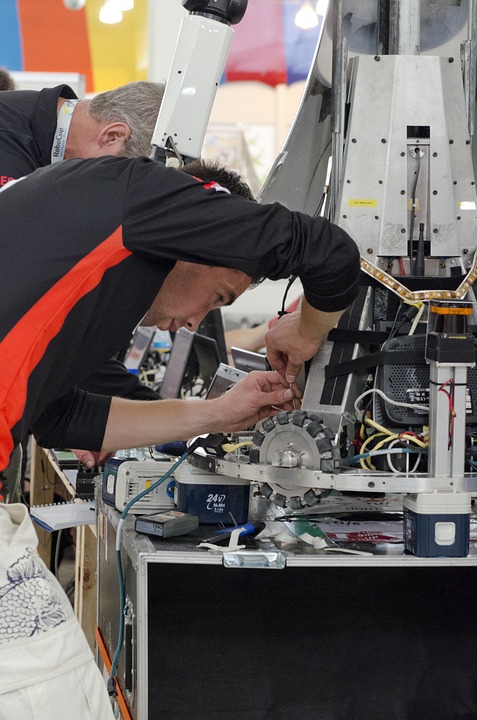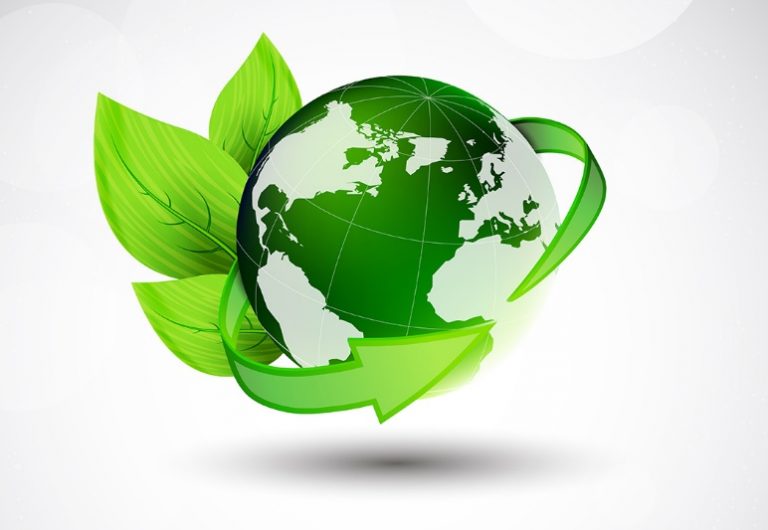
It’s not all doom and gloom for environmentalists. There are some engineering firms out there looking towards the future technology that could benefit us all by becoming greener. If you’re looking to get information on some of the trends expected to play their part throughout the rest of 2017 and beyond, have a look at some of the popular trends below.
1. Zero-Energy Buildings
Zero-energy buildings look like being one of the biggest trends in 2017. Such buildings will only use renewable energy sources such as wind, solar, or hydro. What’s great about zero-energy buildings is that they won’t produce any waste and will only use the energy that’s needed for HVAC and electricity purposes.
2. Water Protection
As the population of the world exceeds more than 7.3 billion people, it’s starting to take its toll on our natural resources. In fact, we’re now growing more quickly than our natural water resources can handle, so it’s time engineers and scientists came up with ways to protect water conservation. Designers, developers, and engineers are coming together, not looking to try and produce fresh water but rather trying to save it with the introduction of new construction features to limit waste.
3. Automated Software
Technology is becoming a big part of lives today, and the same goes for helping us become greener. Software is being developed to help the automation process of analytical data and fault detection in our already built construction. It’s the technology that could have one of the biggest impacts on our green future.
4. Building & Construction Ratings
Professionals are starting to carry out checks on existing construction projects to come up with ratings and advice on how to make them greener. If a building is too inefficient, it’s recommended to be renovated to adhere to the advice. There aren’t many strict guidelines these days, but that’s expected to change dramatically over the next few years so engineering firms become more transparent to the needs of the environment.
5. Sustainable Materials
The green materials industry is expected to be one of the fastest growing industries over the next few years because buildings and construction projects are looking to become greener to help the environment. More and more construction firms are looking towards such materials to help better their projects for the future. It’s an expensive market, but firms and property owners have realized that paying more money now will save them money in the future.
Engineers with an online civil engineering degree obtained at Ohio University are at the forefront to ensure the above trends are implemented into future projects. If you don’t yet have your masters degree in civil engineering, be sure to consider one. The industry is expected to thrive in the next decade and it could prompt many new career openings for you to take advantage of.
Will the above trends stick in a competitive industry? Or will we see construction firms go back to their old routes? Hopefully, with the introduction of new rules and regulations, construction firms will need to make changes to ensure their projects don’t impact our futures in a negative way.





Leave a Comment